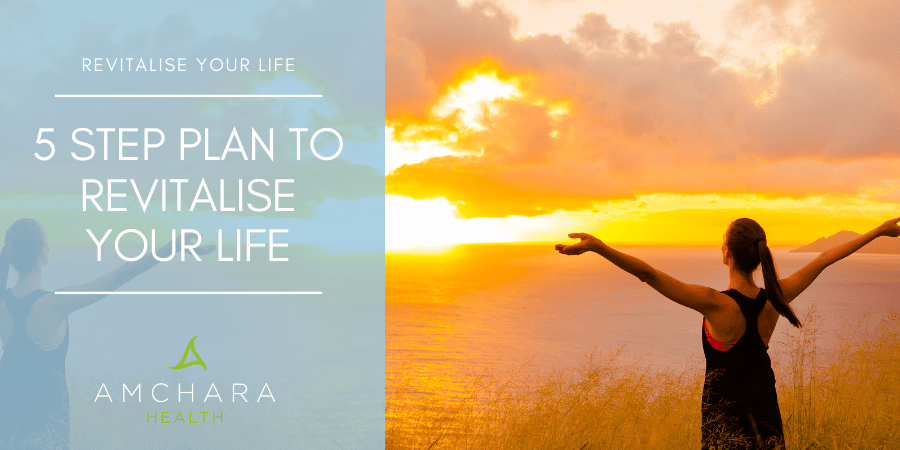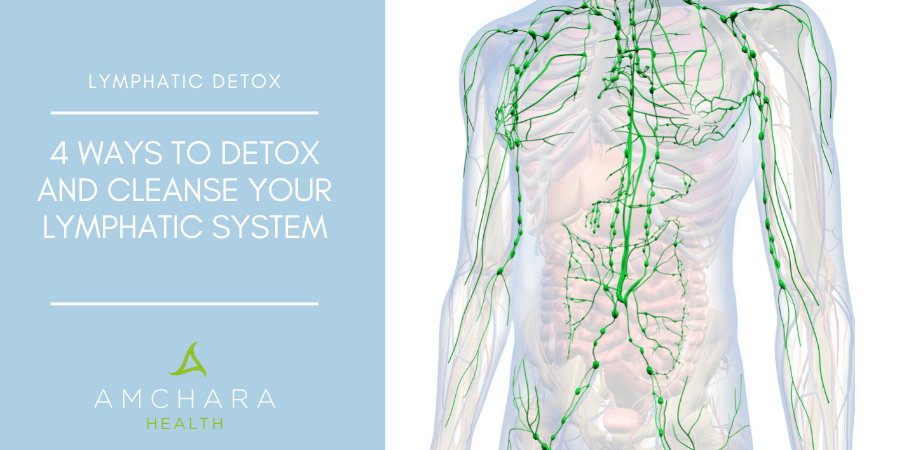Life is too short to trudge your way through a fug of lethargy and zero enthusiasm – when you could be skipping along enjoying every minute.
Motivating yourself to make changes isn’t always easy though.
So once in a while it helps to set yourself a little challenge.
And what could be easier than a 5 step plan to get you back in the groove…..
1. Balance Your Blood Sugar
Keeping your blood sugar balanced throughout the day can have a huge impact on maintaining energy balance and preventing slumps.
To avoid the highs and lows, make sure you eat protein at every meal, even if it’s just a few nuts or seeds with a piece of fruit as a snack.
Or a small pot of natural non-dairy yogurt with mixed berries. Include fibre packed vegetables and fruit with your protein choice e.g.
- Apples
- Pears
- Kiwis
- Citrus fruits
- Berries
- Cabbage
- Broccoli
- Cauliflower
- Butternut squash
- Artichoke
- Beetroots
- Carrots
- Courgettes
- Spinach
- Kale
- Cavalo Nero
- Peppers
- Aubergine
- Celeriac
Complex carbohydrates provide the body with a perfect source of energy that is released slowly into the blood, maintaining a steady balance throughout the day.
For those of you not yet following a Palaeolithic diet, you could also add moderate portions of fibre-rich complex carbohydrates like lentils, brown rice, bulgur wheat, beans and pulses.
If you’re gluten-free these are excellent alternatives:
- Oats
- Polenta
- Corn
- Buckwheat
- Amaranth
- Millet
- Tapioca
Avoid eating sugary, white and highly processed foods as although these may give an instant lift, this is short lived and will lead to sudden drops in blood sugar levels, causing fatigue and irritability.
This is particularly noticeable mid-afternoon if you’re lunch normally consists of white bread sandwiches and crisps followed by a chocolate bar!
Switch to a protein based lunch and try something tasty and satisfying like chopped cooked chicken, mixed with sliced red onions and roasted vegetables, or a mixed green salad with toasted pumpkin seeds, cubed vegan cheese, vinaigrette and sliced avocado.
2. Up Your Energy Nutrients
The body needs a whole range of vitamins and minerals to convert food into energy.
B vitamins in particular are essential for energy production and many people’s diet can fall short of these vital vitamins.
Make sure you regularly consume whole-grains and green leafy vegetables.
Eggs, avocado and seafood are good sources too and if you’re ok with offal – liver is packed full of biotin, vitamin B1 and B5.
Where possible choose organic especially if you’re a meat eater.
Vitamin C is another important ingredient for energy metabolism.
It helps the body to absorb iron which carries oxygen and therefore energy to all the cells in your body.
It’s also a co-factor for Carnitine which is essential for energy production.
Fruit is the obvious choice as a good source of vitamin C but if you’re not a great fan, then top up on veggies like broccoli, bell peppers, kale, broccoli and sweet potatoes!
3. Get Moving!
Although ‘exercise’ for some is a swear word, it can’t be emphasised enough how just adding 30 minutes a day of something as simple as walking, cycling or swimming can energise your life….
Exercise reduces stress, improves your circulation, transports oxygen and nutrients around the body, lifts your mood, improves your sleep, protects your bones and gets your muscles working.
You owe it to yourself to squeeze it in somewhere.
Try a half hour walk during your lunch break, or a 30 minute exercise DVD before breakfast in the morning and see the almost immediate difference it makes.
4. Don’t Forget To Drink
Dehydration leads to lethargy, brain fog and fatigue.
It’s important to drink lots of fluid throughout the day.
Water is ideal but the occasional cup of tea or coffee can also add to your fluid intake – one or two cups a day is fine.
Try giving herbal tea a go there are so many on offer these days, you’re sure to find one flavour you like.
Fruit and vegetables also contain lots of water, not to mention other energy raising nutrients, so aim for 5 to 10 servings a day.
Just remember – too much caffeine is not great for a good night’s sleep.
In the evening try caffeine free drinks like herbal tea or barley cup.
‘Golden milk’ is a delicious, comforting drink to end the day with and can actually help you get off to sleep.
Using coconut milk instead of cow’s milk gives it a different twist and is ideal if you are dairy-free.
Chamomile tea is also calming and relaxing and great for getting you ready for bed.
5. Sleep, sleep and more sleep!
While we’re on the subject of bed……
A good night’s sleep is extremely important for maintaining energy levels.
This may seem obvious but many people have great difficulty sleeping.
To encourage restful sleep, avoid exercising too late in the day.
As mentioned already, stay away from caffeinated products such as tea, coffee and alcohol in the evenings.
These act as stimulants and can keep you awake for hours or interrupt sleep halfway through the night.
Make sure you have adequate curtains that block out the light. If you’ve got a partner that snores, invest in ear plugs they can be a godsend for a good night’s sleep!
Avoid anything that might keep your mind busy like reading, watching TV or working on your P.C.
A warm relaxing bath before bedtime really helps to get your body ready for sleep especially if you add Epsom salts.
Epsom salts contain magnesium sulphate, a traditional home remedy for relieving muscle tension and relaxing muscles with the added bonus of softening the skin.
If you wake up in the night and can’t get back to sleep, breathing exercises really help. Try the 4, 7, 8 method:
- Breathe out loudly to empty your lungs
- Inhale quietly through your nose, mentally counting to four
- Hold your breath for a count of seven
- Exhale loudly through your mouth making a whooshing noise for a count of eight
- Inhale again and repeat the same cycle three times.
This is a natural tranquiliser for your nervous system and should have you nodding off again in minutes!
Not sure where to start? Here’s an example:
Wake up
Exercise: 30 minutes – e.g. walk, cycle, swim.
Breakfast: Fresh fruit juice. Sugar free muesli mixed with stewed pears, berries or apples and dairy free yogurt or coconut cream.
Herbal drink, tea, coffee or water.
Snack: 2 medjool dates stuffed with 2 brazil/walnuts, large glass of water infused with fresh mint.
Lunch: salad- quinoa, mixed with toasted sunflower seeds, sultanas, peas, sweetcorn, diced red pepper and thinly sliced red onion. Dressed with lemon and olive oil.
Handful of fresh strawberries and blueberries. Large glass of water. Herbal drink.
Snack: hummus with carrot sticks. Herbal drink or water
Dinner: Baked salmon, with a vegan pesto topping, or a large baked Portobello mushroom stuffed with vegan pesto and topped with grated dairy-free cheese served with celeriac mash and steamed broccoli dressed with chopped garlic, parsley and olive oil. Herbal drink.
Bedtime: Hot bath, cup of golden milk.
Please note:
Nutritional advice given is appropriate to the general public and may not suit individual dietary restrictions.
Where possible Amchara recommends a healthy approach to eating which excludes dairy, sugar and gluten containing produce, but this may not suit all people.
Organic foods free from dairy, gluten and sugar are available in local health food stores and some supermarkets, giving you the option to adjust menus and still enjoy your favourite foods. It is important to maintain balance and variety in any diet and above all enjoy guilt free eating that promotes optimal well-being.
READ THIS NEXT:





